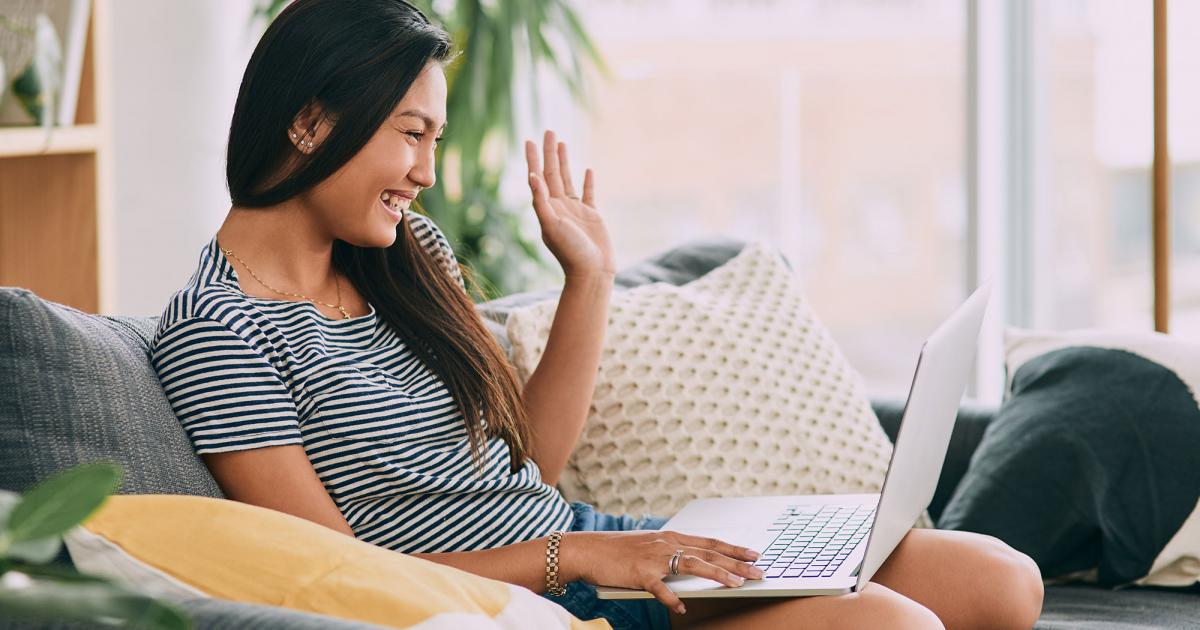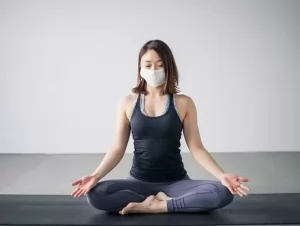The COVID-19 pandemic has not, to put it lightly, been a happy time. But it has been and continues to be a rich period for scientists who study happiness. Researchers around the world have followed what happens to well-being during the pandemic.

Doing hobbies and exercising
Not all helpful strategies are social. Activities that bring people outdoors, like gardening, and creative pursuits like making art and reading have also supported people’s well-being, says Fan-court. Unsurprisingly, another mood-boosting activity was exercise, which past research has linked to emotional benefits. A survey of nearly 13,700 people from 18 countries published in Frontiers in Psychology in September 2020 found that people who exercised frequently during the lock-down reported more positive moods. Most people seem to have understood that exercise was an important way to keep their spirits up. The study found that people generally didn’t exercise less during lock-down than they did before. Nearly a third of people exercised more.
Being neighborly and volunteering
The pandemic drove people to find new ways to connect outside of their social bubbles. Many people became closer to their neighbors, for example, or took up volunteer work. The COVID-19 Social Study found that they’d received more support from their neighbors during the pandemic than before it.
Studies suggest that volunteering has a positive impact on the recipients of help and also on the volunteers. A May 2021 analysis of more than 55,000 U.K. adults from the COVID-19 Social Study during 11 weeks of lockdown found that volunteering was one of the top activities associated with a rise in life satisfaction.
Staying social, even while distancing
The positive effects of social connection hold true even when physical contact may be dangerous. Who you lived with was particularly important in the early months of the pandemic: the U.K.’s Office for National Statistics found in June 2020 that being married or co-habitating with a partner was among the most protective measures against loneliness during this time. Various studies also found that when people felt connected to others during the pandemic, they tended to experience fewer symptoms of anxiety and depression. Since the start of the pandemic, people have done a “huge amount of coping”
Digital interactions like these also appear to protect well-being. Some recent research has found that social contact, both in person and via phone or video call, was associated with fewer depressive symptoms. Video calls eased some of the lock-down loneliness in a way not enough people appreciate












